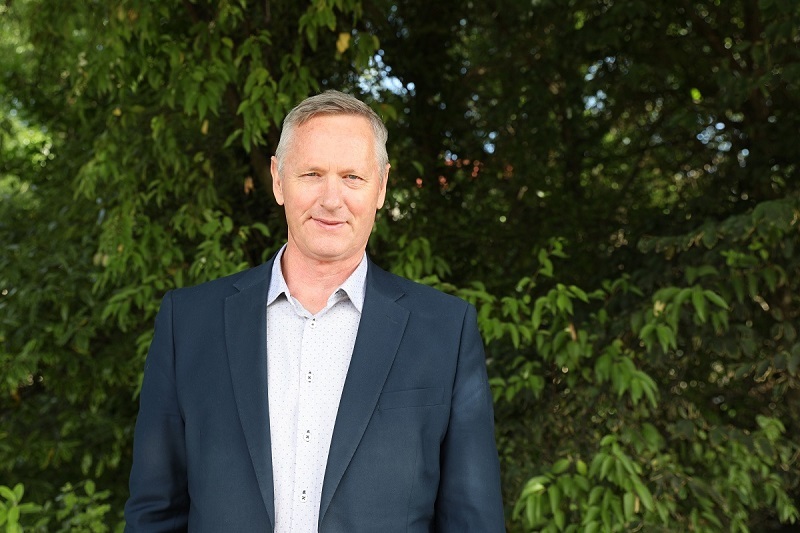Feelings run hot and cold on Three Waters refresh
Ashley Smyth
14 April 2023, 2:10 AM
 PHOTO: Ashley Smyth
PHOTO: Ashley SmythThree Waters is circling the drain, as the Government offers a refresh on the initial controversial plan to take water infrastructure management out of the hands of local councils.
Prime Minister Chris Hipkins sent Labour's initial plan - to transfer local control of water to four new mega-entities - back to the drawing board after backlash nationwide, and has offered up the Affordable Water Reforms, which were announced yesterday (April 13).
The changes propose the initial four entities become ten, using more traditional regional lines (although Waitaki is included in Canterbury) and a two-year delay to the start date.
Another major change is the scrapping of the second round of Better Off funding, which would have seen $1.5billion offered to councils to make improvements in their communities.
Some $1b of that funding was to come out of the entities' debt, and the government said this could instead be used by the entities directly on improving water services.
The first $500m phase of the Better Off package would continue under current funding arrangements, as would the $500m No Worse Off package to ensure councils did not suffer financially as a result of the reforms.
More detailed information on the changes can be found here.
The Waitaki App put some questions to Waitaki Mayor Gary Kircher about his thoughts on the latest changes, and what they mean for locals.

Waitaki Mayor Gary Kircher. PHOTO: Supplied
What are your thoughts on the changes? What is better, what is worse?
The ability for each council to be represented in the Regional Representation Group (RRG) ensures that there will be a voice at the table helping to oversee the new entities.
However, the RRG only has limited power so that voice still isn’t going to be as much as many would like.
Also, the basic model hasn’t changed, but with ten entities instead of four, there may be fewer efficiencies gained, therefore it will likely cost consumers more than it might have.
What difference do you think the changes will make to the average Waitaki ratepayer?
Like most councils, we are facing significant costs in our water infrastructure.
Despite our infrastructure being relatively good, new environmental standards and quality requirements mean we must spend hundreds of millions of dollars over the next 10 to 20 years.
The new structure is designed to bring those costs down, which has happened elsewhere in the world, where similar reforms have been carried out.
So although drinking water, wastewater and stormwater will cost more in future, it won’t be as much as what it probably would have been, which is obviously a benefit to ratepayers.
There is a strong concern though, that there will be a loss of local voice as to what happens in Waitaki.
Are there problems you were hoping to see rectified, that haven't been?
I had hoped that the government would have modified the co-governance aspect, or more importantly, properly communicated what it meant in this instance.
Also, the loss of the second tranche of Better off Funding has been cancelled, and that was going to help Waitaki do some very good work to benefit our communities.
Can you clarify what co-governance this means, for those who don't understand?
This is one of the big distractions in the whole discussion. The reality is that even with the changes to representation on the RRG, councils still won’t have much say on what happens.
Co-governance in three waters is at that level, so equally, Iwi won’t have much say on what happens. The concerns that Māori will control the infrastructure and control water because of these reforms is simply not true.
The government had two key roles in this reform that it neglected - one was to explain the need for change to the way three waters was run, and the other was to explain co-governance, both in its general sense and in the way it applied to this reform. It didn’t do either.
Any other comments you would like to make?
We have opposed the reform because it is based on flawed financial information, but we have acknowledged there still needed to be change.
Even in councils like ours, which have looked after and invested in infrastructure, some massive costs are coming.
Although the government’s assumption for Waitaki was extreme, in that they said we needed to spend $1.5 billion, we do accept the number is likely to be between $200m and $500m, and that is with us having generally good infrastructure already.
For a district with our population, that simply isn’t affordable. It is a similar picture for many other councils, but not all are facing up to that.



